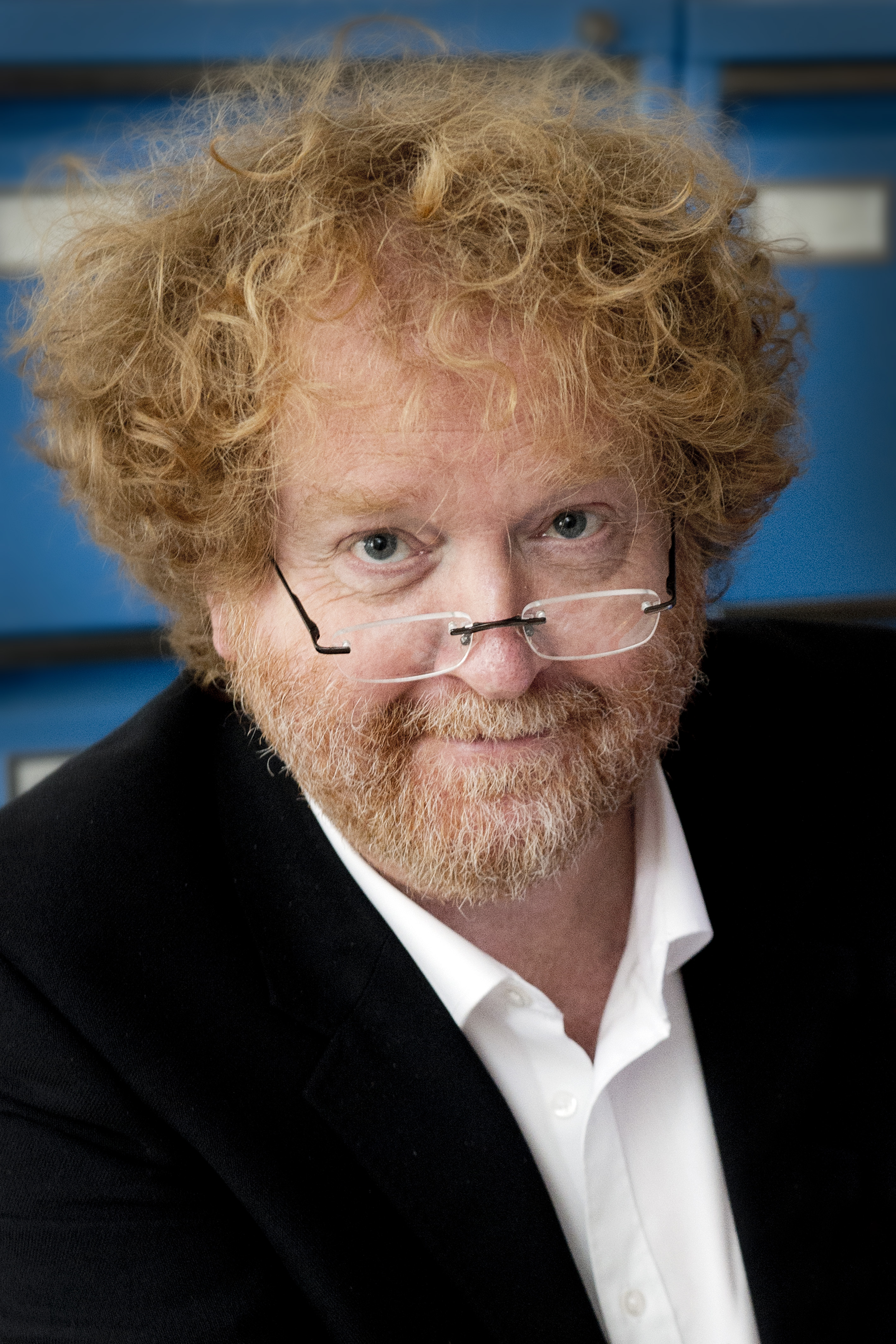Constructive Ethics in Engineering
LECTURER

Pim Haselager
ABSTRACT
Often ethics is perceived as an obstacle to overcome (or avoid) while doing useful work in engineering. However, there are constructive forms of ethics that help to improve designs, stimulate user acceptance of products, and increase the economic benefits of applications. Instead of merely specifying abstract values and principles, constructive ethics aims to provide concrete implementable suggestions for the research and development of applications. I will outline the main reasons for constructive ethics, its methodology, and provide several illustrations from engineering and the fields of Artificial Intelligence and neurotechnology.
SHORT BIOGRAPHY
Pim Haselager He obtained master degrees in philosophy and psycho-logy, and received
PhD in 1995 at the Free University of Amsterdam, the Netherlands.
Currently he is asso-ciate professor (Theoretical Cognitive Science)
at the Donders Institute for Brain, Cognition and Behaviour, at the
Radboud University Nijmegen.
His research focuses on the implications of Cognitive neuroscience and
Artificial Intelligence for society and human self-understanding. He
investigate the ethical and societal implications of research in, and
the en-suing technologies of, CNS and AI, such as Robotics,
Brain-Computer Interfacing, and Deep Brain Stimula-tion. He is
particularly interested in the integration of empirical work (i.e.
experimentation, computational modeling, and robotics) with
philosophical issues re-garding knowledge, identity, agency,
responsibility and intelligent behavior. He has published in journals
such as Nature: Biotechnology, Science and Engineering Ethics,
American Journal of Bioethics, Neuroethics, Journal of Cognitive
Neuroscience and Journal of Social Robotics.
He teachs in bachelor and master programs of Artificial Intelligence
Cognitive Neuroscience, and Psychology. He has often given courses
abroad (e.g. University of the state of Sao Paulo, Brazil, and
University of Trento, Italy).
Regularly he gives presentations to general, non-scientific, audiences
on a variety of topics within Artifi-cial Intelligence and Cognitive
Neuroscience (e.g. on free will, ethics, consciousness, implications
of AI and neurotechnology, etc.).
Several of his presentations can be found on YouTube, for instance on
Brainreading and mental privacy, Super ethics vs super intelligence,
and (in Dutch) Waarom we nog niet klaar zijn voor robots.



